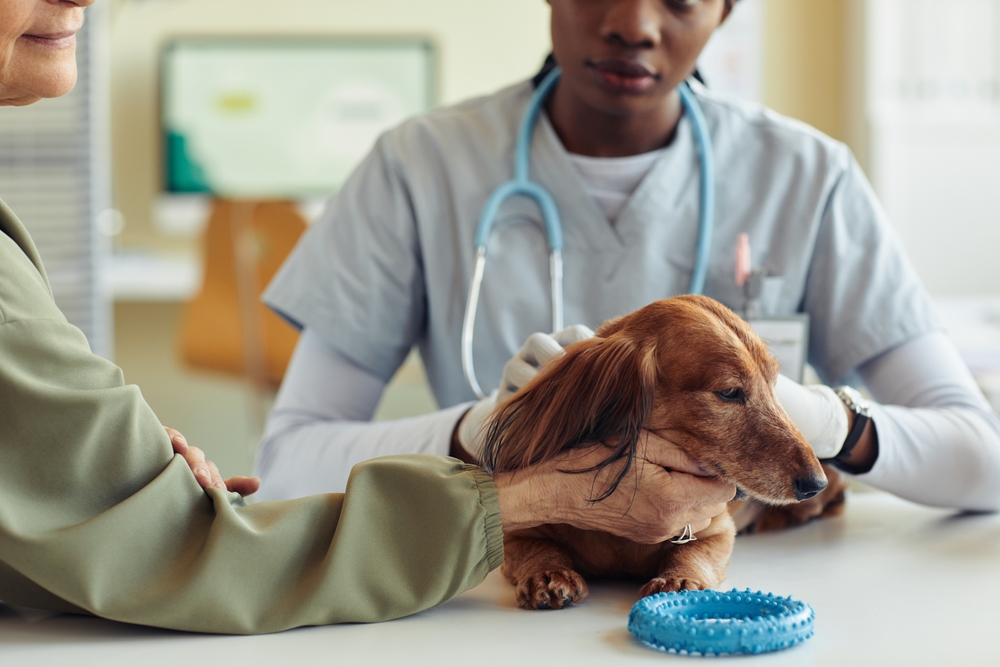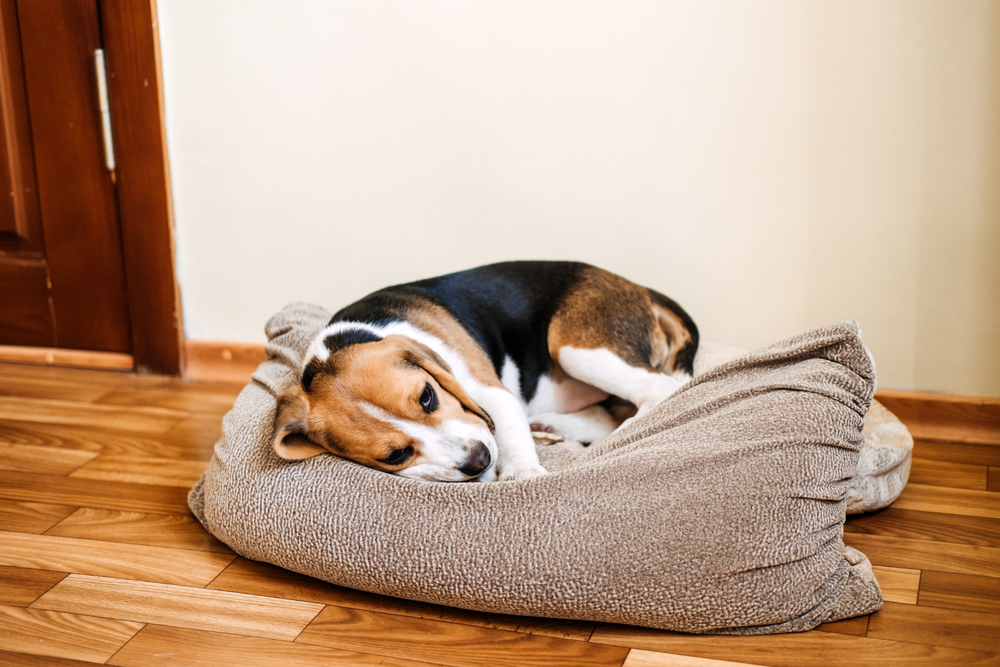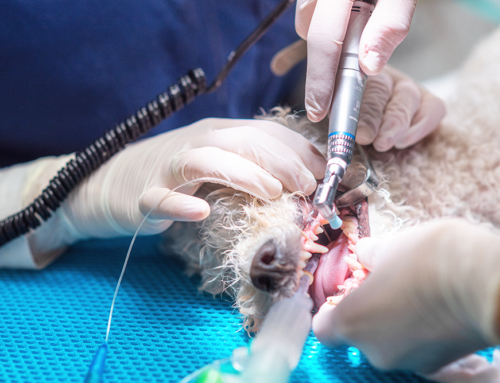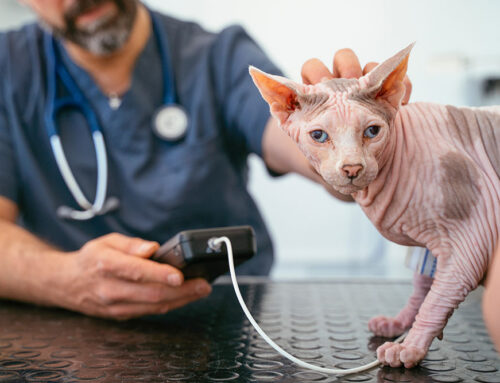Understanding Diarrhea in Dogs: When to Worry and What to Do
It’s one of those moments no dog owner wants to experience: you’re halfway through your morning routine when you hear the unmistakable sound of your dog having an accident in the hallway. Diarrhea is messy, uncomfortable (for both of you), and-while common-can sometimes be a sign of something more serious.
At Willow Wood Animal Hospital in New Albany, we know that for many of our clients, timely answers and excellent care are non-negotiable. You want to know when to monitor at home and when to call us. So let’s break down what causes diarrhea in dogs, what to watch for, and when it’s time to get expert help.
What Counts as “Diarrhea” in Dogs?
Diarrhea isn’t just one bad bowel movement-it’s a change in stool consistency or frequency that often points to irritation or dysfunction in the gastrointestinal tract. It can be:
- Watery or loose
- Frequent, small amounts
- Accompanied by straining, mucus, or even blood
One-off episodes may resolve on their own, but persistent or severe diarrhea always warrants a closer look.
Top Causes of Diarrhea in Dogs
1. Dietary Indiscretion (a.k.a. Garbage Gut)
Dogs explore the world mouth-first. Whether it’s leftovers from the bin, eating a toy, or too many treats from the table, sudden dietary changes or ingesting inappropriate items is one of the most common causes of diarrhea.
Learn more about how to handle transitions safely with this food-switching guide.
2. Food Intolerance or Allergies
Some dogs develop sensitivities to ingredients in their food-like beef, chicken, grains, or dairy. Unlike dietary indiscretion, this can cause chronic, recurring diarrhea, sometimes alongside itching or ear infections.
This guide to choosing the right food can help you navigate better options.
3. Intestinal Parasites
Even well-cared-for pets can be exposed to intestinal parasites like roundworms, hookworms, giardia, or whipworms, especially in parks, boarding facilities, or from wildlife.
Parasites are a frequent cause of diarrhea, especially in puppies. According to the AVMA, routine deworming and fecal exams are essential parts of preventive care.
4. Infections: Bacterial, Viral, or Fungal
Common culprits include:
- Campylobacter and Salmonella (bacterial)
- Parvovirus (especially dangerous in puppies)
- Coronavirus and distemper
Of these, canine parvovirus is among the most dangerous. The AVMA’s parvovirus guide explains why rapid intervention is critical.
5. Pancreatitis
This painful condition occurs when the pancreas becomes inflamed, often due to a high-fat meal or underlying health conditions. It can cause vomiting, lethargy, abdominal pain, and diarrhea.
AAHA’s resource on pancreatitis highlights why early treatment matters and how your vet will guide recovery.
6. Stress and Anxiety
Yes, dogs get stress diarrhea too-especially during:
- Travel or boarding
- Loud noises or storms
- Changes in the household (a new baby, moving, etc.)
It’s typically short-lived, but if diarrhea continues after the stressor is gone, it may point to an underlying issue.
7. Toxins and Poisons
Ingestion of chocolate, xylitol, plants, human medications, or cleaning products can cause diarrhea, along with vomiting, seizures, or worse. Always call if you suspect your dog ate something unsafe.
For reference, the ASPCA Poison Control guide outlines common household risks and what to do in an emergency.
8. Changes in Environment or Routine
Just like us, dogs have sensitive systems. Even a new walking route, change in water source, or houseguest can cause GI upset. This is especially true for puppies and senior dogs.
This article from Embrace Pet Insurance offers a good overview of causes and care strategies.
When to Monitor vs. When to Call Us
Occasional loose stools aren’t uncommon, especially if your dog got into something new. But some signs mean it’s time to stop monitoring and start dialing.
Call Us If You Notice:
- Diarrhea lasting longer than 24–48 hours
- Blood in the stool or black, tar-like stool
- Diarrhea combined with vomiting
- Signs of pain, such as whining, panting, or pacing
- Lethargy or refusal to eat
- Known ingestion of toxins or foreign objects
Diarrhea in puppies, senior dogs, or dogs with underlying conditions should always be treated as more urgent.
We offer urgent care services during open hours for same-day support. If it’s after-hours, we partner with several trusted emergency hospitals nearby.
How We Diagnose the Cause
At Willow Wood Animal Hospital, our diagnostics team uses:
- Fecal exams to check for parasites
- Bloodwork to assess organ function and inflammation
- Imaging (X-rays or ultrasound) to rule out obstructions
- Dietary elimination trials for food intolerance
- In-house lab testing for quick results
We are AAHA-accredited, which means our diagnostic process is held to the highest clinical standards-every time.
Treating Diarrhea: What to Expect
Treatment depends on the cause, but may include:
- Fluids and electrolytes to prevent dehydration
- Anti-diarrheal medications
- Dewormers or antibiotics
- Probiotics
- Prescription diets or bland food plans
- Monitoring and recheck appointments
In more serious cases, hospitalization and IV support may be needed.
Preventing Future GI Upsets
While some causes are unpredictable, many episodes of diarrhea can be avoided with:
- Gradual food transitions (over 5–7 days)
- Safe food storage and handling practices
- Avoiding table scraps or fatty treats
- Routine wellness plan checkups and fecal exams
- Puppy-proofing your home and yard with these safety tips
We’re here to help you stay ahead of health issues with preventive care that fits your lifestyle and your dog’s needs.
Your Partner in Excellent Care
At Willow Wood Animal Hospital, we treat your dog like family because we know that’s exactly what they are. Whether it’s a simple dietary slip-up or something more serious, you can count on us for prompt answers, thoughtful care, and medical excellence.
We’re proud to serve New Albany and the surrounding community with an approach grounded in trust, integrity, and compassion.

Let’s Get to the Bottom of It-Together
If your dog is having diarrhea and you’re unsure what to do, don’t wait it out. We’re here to help you figure out the cause and get them feeling better fast.
Call us at (614) 855-3855 or request an appointment online. Let’s make sure your dog’s discomfort is short-lived-and your peace of mind restored.
Willow Wood Animal Hospital – Excellence in every detail, care in every moment.






Leave A Comment